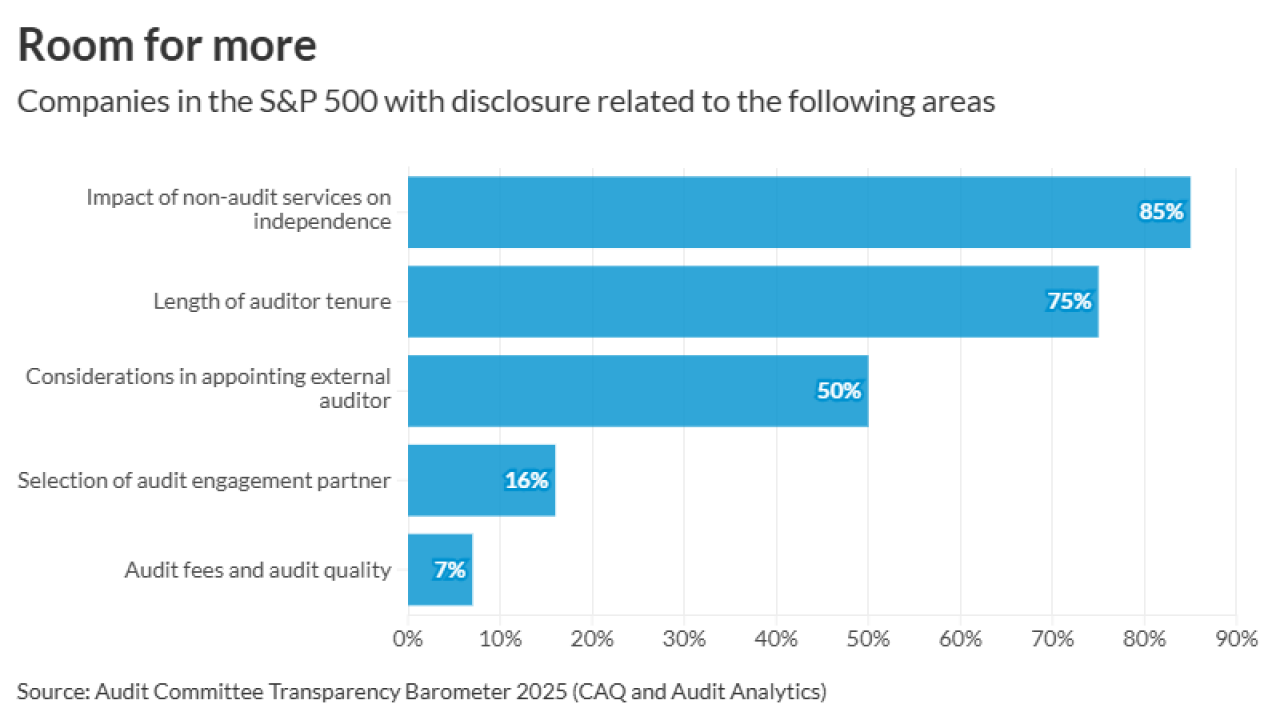Senator Ted Cruz threw his hat into the ring to launch his candidacy for the Republican nomination this week, promising among other things to get rid of the Internal Revenue Service.
During a speech to kick off his campaign Monday at Liberty University in Lynchburg, Va., the Texas senator echoed John Lennon’s song, “Imagine,” proclaiming, “Instead of a tax code that crushes innovation, that imposes burdens on families struggling to make ends meet, imagine a simple flat tax that lets every American fill out his or her taxes on a postcard. Imagine abolishing the IRS.”
That statement quickly got people wondering what would replace the IRS if the agency were ever abolished. Bill Smith, managing director in CBIZ MHM’s National Tax Office, is among those who have their doubts it could ever happen. Even though Republicans in Congress have voted to reduce the IRS’s funding for the past five years, and on Wednesday, lawmakers debated a series of measures that would effectively put limits on the IRS, he does not believe Cruz or his colleagues would be able to eliminate the agency or its functions.
[IMGCAP(1)]“I don’t know how they would collect the taxes,” said Smith. “Even if you switch to a flat tax, which is what he’s advocating, you still have to have someone to collect it. You can’t just hope people are going to send their money in. We already know that even with an agency that does collect it, there’s a tremendous amount of noncompliance. That’s why they calculate the tax gap. They have an agency in place that has a great deal of weapons at its disposal for making people do the right thing, and it’s difficult even with that.”
According to various estimates, the IRS collects more dollars than each dollar in its budget. For example, according to the IRS, every dollar invested in IRS enforcement programs generates $7 in return. In fiscal year 2012, when the IRS budget was $11.8 billion, the agency collected $2.52 trillion, or roughly $214 for every dollar it spent.
Going to a flat tax, as Cruz has proposed, would not necessarily make the annual filing much simpler, even if it could be done on a postcard.
“He has proposed going to the flat tax, and he says you ought to be able to file your taxes on a postcard,” said Smith. “All you do is put down what you earn and send it in. When asked about charitable contributions and mortgage interest deductions, he suggests you just put down what you earn, take out your mortgage interest deduction and charitable contributions, and then send it in.”
Smith points out that approach would ignore many of the tax breaks, for example for capital gains and dividends. Even Cruz’s approach to charitable contributions has its contradictions, given the controversy over how the IRS reviews applications for tax-exempt status.
“He’s going to allow charitable contributions, but you don’t have an agency that says which organizations are exempt,” Smith pointed out.
Smith also sees a contradiction in eliminating the IRS while running for the presidency. “It’s the sole collector of revenues for the federal government,” he observed. “If you don’t have money coming into the federal government, you abolish the federal government and then there’s no need to run for president. None of it makes any sense.”
If Cruz wins support for the idea of eliminating the IRS, it might actually come from the opposing party. “I think he’s probably got a lot of Democrats who are interested in the presidential campaign who are going to back him very strongly because they’d love to have a Republican candidate who’s taking the position that we abolish the IRS because it’s not going to do very well in a debate,” said Smith.
Speaking of debates, Cruz might find himself facing off against a former IRS commissioner, Mark Everson, who is also running for the Republican nomination (see
[IMGCAP(2)]





